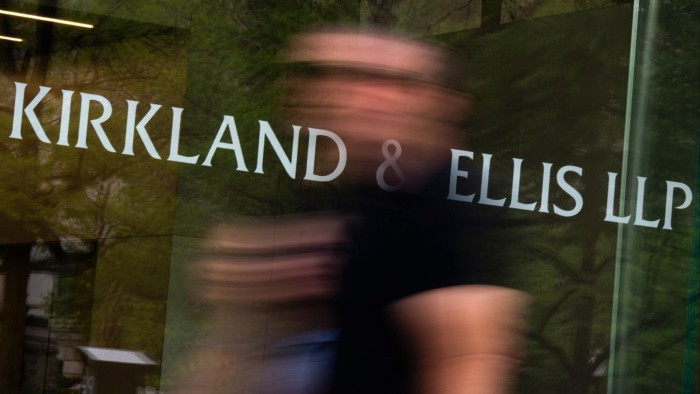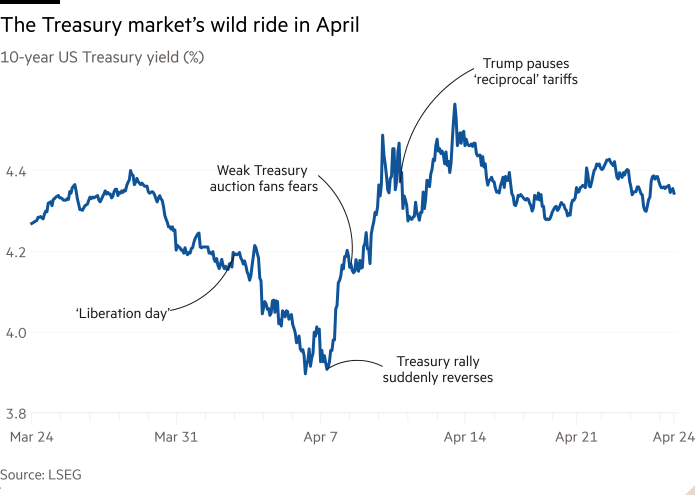Democratic lawmakers warn law firms that deals with Trump may be illegal

Unlock the White House Watch newsletter for free
Your guide to what Trump’s second term means for Washington, business and the world
Democratic legislators have warned top law firms that the deals they have struck with US President Donald Trump to avoid being targeted by punitive executive orders may violate federal and state laws.
Lawmakers on Thursday sent letters to nine law firms, including Paul Weiss, Skadden and Kirkland & Ellis, advising them that their agreements to support Trump’s preferred causes with pro bono work and to not pursue diversity policies in recruitment may fall afoul of US statutes outlawing racketeering, bribery, extortion and other misconduct.
The 16 lawmakers — led by Dave Min and April McClain Delaney, the representatives from California and Maryland, respectively — said they were “sympathetic” to the circumstances facing Big Law, “with the Administration using coercive and illegal measures to target certain law firms and threaten their ability to represent and retain their clients”.
But the deals represented “a very concrete and real threat to the rule of law and integrity of the judiciary”, they said, and urged the law firms to “disavow” them.
Elite US corporate law firms have come under unprecedented attack by the White House in recent weeks, as the Trump administration suspended lawyers’ security clearances, called for a review of government contracts with some firms and sought to block their access to federal government buildings — which at least one judge has interpreted to include courthouses.
Paul Weiss’s chair Brad Karp, the first to strike a deal with Trump, said in an email to his employees last month that the firm risked bankruptcy if he did not agree to provide $40mn in pro bono legal services to causes championed by the president.
A number of other firms, most of which are deal-driven businesses, agreed to provide at least $100mn in pro bono legal services, fearing irreparable damages.
However, smaller firms have taken a different approach. Perkins Coie, WilmerHale, Jenner & Block and Susman Godfrey are challenging Trump in court, arguing his directives violate constitutional protections, including free speech. Federal judges have in turn frozen critical parts of the executive orders.
Trump has targeted firms linked to individuals who have challenged him or that have worked against his initiatives, such as the attempt to ban people travelling to the US from Muslim dominant countries.
The White House, as well as the recipients of the letters — which also include Latham & Watkins, Simpson Thacher, A&O Shearman, Willkie Farr & Gallagher, Milbank, and Cadwalader, Wickersham & Taft — did not immediately respond to requests for comment.
The lawmakers argued there were “numerous conflicts of interest” between terms of the deals with Trump and the law firms’ clientele.
“Agreements of this kind also signal acquiescence to an abuse of federal power, raising serious questions about how or whether” the law firms “would represent clients or take on matters that might be seen as antagonistic to President Trump or his agenda”, they added.





